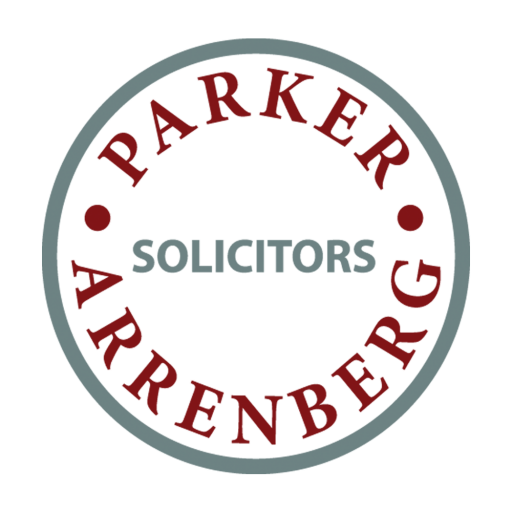Business Formations
It can be extremely daunting venturing into the unknown and setting up a new business. Before making the decision contact Parker Arrenberg Solicitors for expert advice and explore the key considerations you need to be aware of to ensure you are properly structured for growth, profitability and protection.
Our lawyers are practical, commercial and will have an excellent understanding of the issues affecting you and your business. We offer high-quality advice in clear plain language, safe from legal jargon. Depending on your commercial needs, we can offer a variety of pricing structures.
Our team of commercial solicitors offer highly experienced bespoke legal advice to suit your needs, protect your business dealings, and limit risks to your business.. We understand that commercial legal advice is about more than just paperwork. We will work with you and guide you in developing your trading relationships and ensure all your business needs are not only met but exceeded.
- Sole Trader: You are your business! You start trading in your own name or under a ‘trading as’ name. This is the most straightforward, quickest ‘start up’ entity. However, there is no legal distinction between your personal and your ‘business’ assets – a major consideration as one of your business creditors can enforce a business debt against your personal assets, including your family home.
- Partnership: this is a commercial relationship between 2 or more people who carry on business with the view to earning a profit. It is not a separate legal entity (such as a company) and the partners that are in partnership together are personally liable for the debts of the partnership. Although there is no legal requirement, it is sensible to enter into a partnership agreement in advance. This agreement would address the partnership’s business, how it is managed, the distribution of profits and what happens if and when a partner decides to leave. This business entity is governed by the Partnership Act, in the absence of a Partnership Agreement.
- Company: this the most common form of business vehicle in the UK. Companies are formed by registering them with the Registrar of Companies at Companies House. There are three types of companies; limited, unlimited and public companies. Most companies are limited companies which are limited by shares. If a company goes into liquidation, the shareholders’ liability is limited to the amount paid for the shares, therefore, offers the most protection to the business owner/shareholder.
- Limited Liability Partnership (“LLP”): if you want the protection of a limited company but the flexibility of a partnership agreement then an LLP is an alternative. The LLP is a legal entity separate from that of the partners. The partners are not liable for the debts of the LLP.
Our Fees
Your solicitor will always ensure that you are fully aware of any fees involved, and where possible we will work to a range of fixed fees depending on your requirements. If that is not possible, we will provide you with a very clear and transparent fee quotation that ensures you fully understand the fees you need to pay and what is included in those fees.
Get in Touch with our Commercial Law Solicitors Today!
Parker Arrenberg have experienced Business Formation Solicitors who make it their priority interest to ensure all aspects of your case are handled seamlessly and professionally. Based in South East London, Catford and City of London, we provide a personal approach to our service and are only call or email away should you need us.
For all your legal needs, get in touch with one of our expert solicitors today. For general enquiries please call 020 8695 2330. You can also email us at reception@parkerarrenberg.co.uk and we will get back to you.

